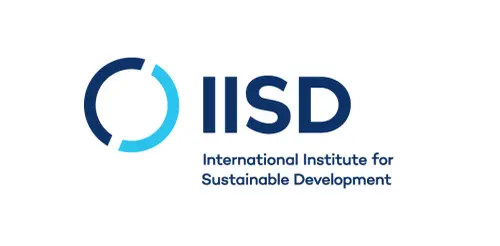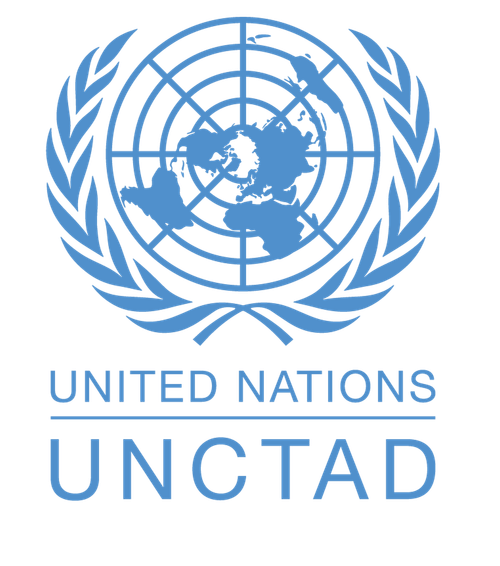This dialogue was co-organized by IISD, The Pew Charitable Trusts, UNCTAD, and TESS at IISD's Trade and Sustainability Hub in the margins of the WTO's 13th Ministerial Conference.
Plastic pollution affects all countries and occurs across the life cycle of plastics, with negative impacts on ecosystems on land and in the marine environment, as well as on public health and economic sectors from fisheries and agriculture to tourism. The plastics sector also contributes significantly to global greenhouse gas emissions. Over the past 60 years, plastics production has increased 230-fold from 2 million metric tonnes (Mt) in 1950 to 460 million Mt in 2019. Plastic pollution has also been increasing, with stocks of accumulated plastics in rivers and oceans projected to more than triple from 140 Mt in 2019 to 493 Mt in 2060.
The WTO Dialogue on Plastics Pollution (DPP) was established in 2021 and now brings together 76 WTO Members, representing over 75% of global plastics trade. At the Thirteenth WTO Ministerial Conference (MC13), the DPP cosponsors are expected to update on the progress of their work, commitments to concrete actions, and pathways forward for their work.
The work of the DPP highlights growing recognition of the relevance of trade to international efforts to end plastic pollution. In addition to the numerous challenges associated with trade in plastic waste, international trade plays a key role in diffusion of plastics and plastic products globally. Cooperation on trade policies will be critical for transforming the plastics sector and global supply chains, including by reducing and eliminating trade in harmful and problematic plastics and plastic products, and in promoting coordination and transparency on trade flows, standards and regulations key to tackling pollution. Trade will also have a role to play in the diffusion of environmentally sound technologies and services to address plastic pollution as well as environmentally sound and safe non-plastic substitutes. A crosscutting priority will be to ensure trade-related capacity-building and adequate financing to support developing countries to harness trade and trade policies to support their plastic pollution policies.
This session brought together trade delegates and stakeholders to highlight where trade-related cooperation can support global efforts to end plastic pollution across the full life cycle of plastics. It focused on progress in discussion of trade-related dimensions in the DPP and within negotiations for a global plastics treaty to address plastic pollution. Panellists also discussed the concrete actions that DPP members could take, collectively and individually, on the road to MC14, to address plastic pollution through trade-related measures. A core theme of this panel was how cooperation at the WTO can inform progress in the negotiations for a new legally binding instrument to end plastic pollution, supporting synergy between the world’s environmental and trade regimes.
This dialogue was part of IISD's Trade and Sustainability Hub in the margins of the WTO's 13th Ministerial Conference.
In collaboration with






